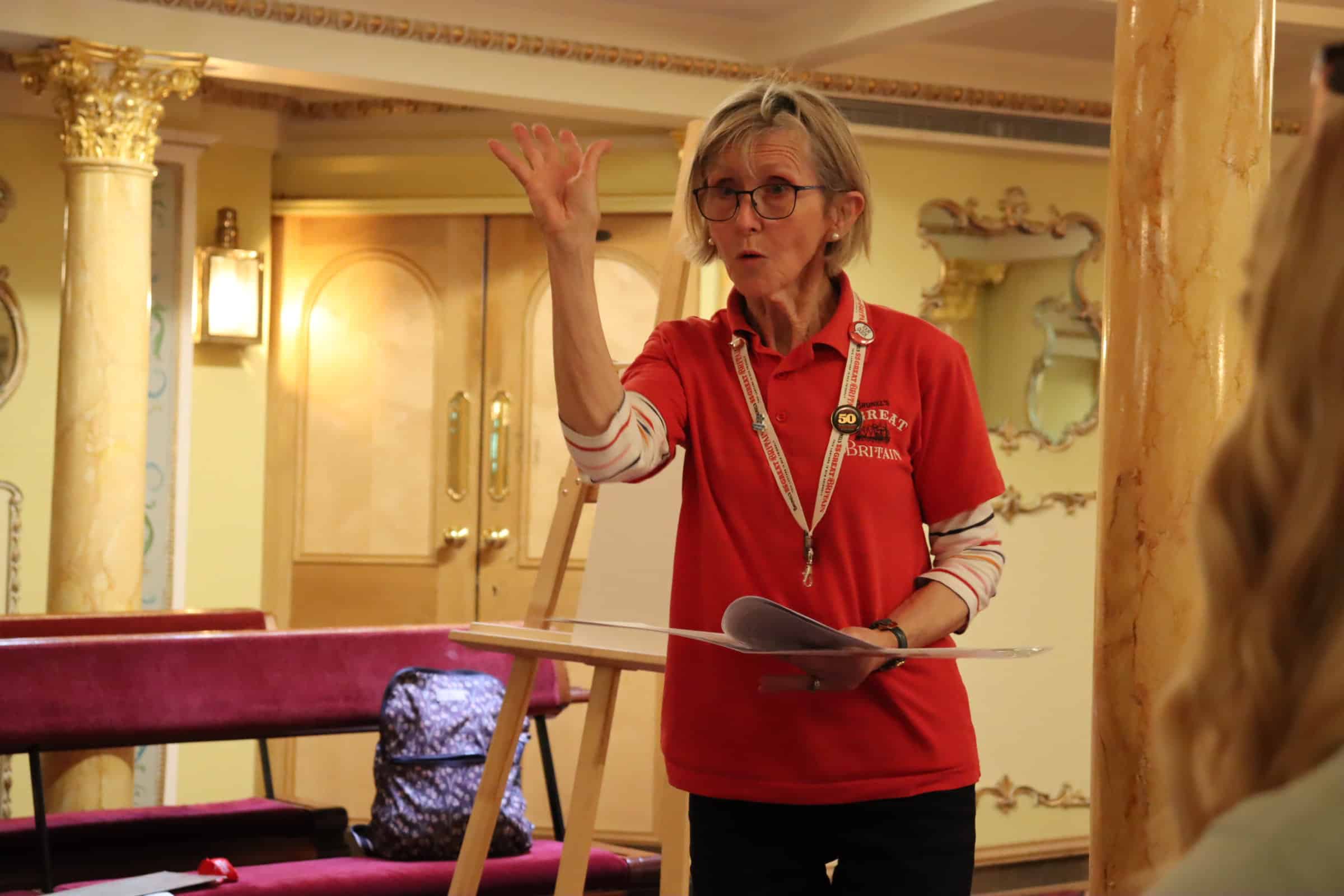March is coming to an end, a month which brings influential women into the spotlight, at the Brunel Institute we marked Women’s History Month by looking at some of the inspiring women who crop up throughout the SS Great Britain‘s archives.
We explored the life of Sophia Brunel, mother to the famous British engineer Isambard Kingdom Brunel, and uncovered the stories of Elizabeth Parsons who was a famous Australian artist, Josephine Weiss who got shipwrecked in Dundrum Bay on board the Great Britain with her group of Viennese dancers, and Rachel Henning who emigrated to Australia and learned to love life in the Australian outback. All of these women were extraordinary in their own right, but are often overlooked in history for their male contemporaries.
To this day, we are told that Victorian society and culture firmly placed women within the home in their roles as mothers and wives. But to take such a blinkered view on late-19th-century women obscures a much richer and more dynamic history. A team of volunteers in the Brunel Institute is exploring the stories of the women who travelled and worked on board the SS Great Britain.
Passenger shipping after the 1840s offered one of the first official job opportunities for women at sea. On ships like the Great Britain, women were, for the very first time, employed as crew members. Granted, they were employed as stewardesses rather than deck hands. Nevertheless, they are listed as crew members on the same terms and with the same work provisions as their male co-workers. They are workers in a maritime world, earning a wage by going to sea. Women had made a first step into what until then was considered an exclusively male work environment.
Research is also being carried out to identify all the female passengers who are simply listed with their married names. The online passenger and crew database Global Stories is updated regularly. An anonymous Mrs Mcquade of unknown origins has been identified as Amelia Ann Mcquade who was born in Windsor, New South Wales. Mrs Franklyn is now listed as Elizabeth Mary Franklyn, born in 1824 in Brighton. And E. Predeaux who travelled in third class has been uncovered as Ruth Ann Predeaux, born in the Scilly Isles off the coast of Cornwall in 1840. Slowly but surely, the female passengers of the Great Britain are emerging from the mists of time!
Collections of engineering and maritime history are often presumed to be exclusively male domains. But at the Brunel Institute, dedicated volunteers have spent many hours uncovering the hitherto unknown stories of the extraordinary and inspiring women who travelled or worked on board the grandest of old ladies herself, the SS Great Britain.



